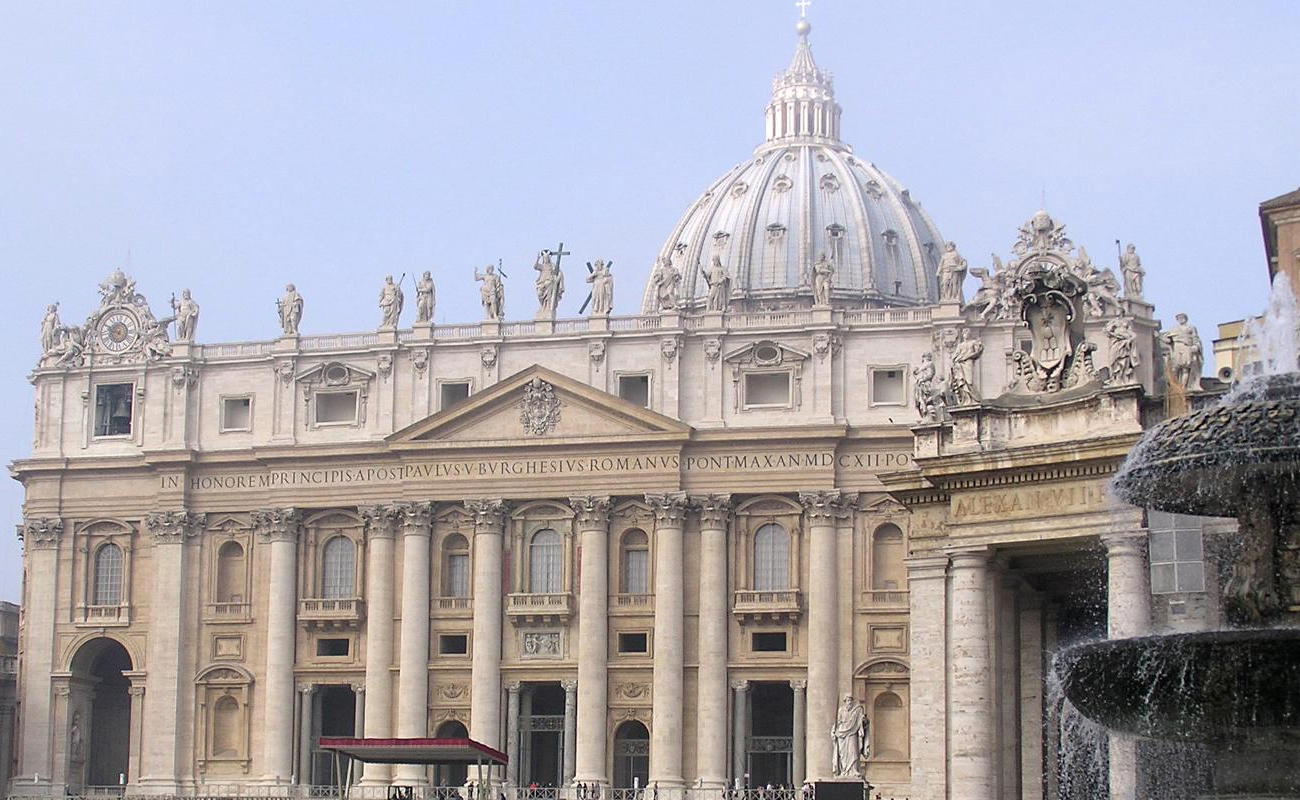Russians consider meeting between Pope, Patriarch useful, support their further contacts – poll

MOSCOW. March 9 (Interfax) – Russians consider further meetings between Pope Francis and Patriarch Kirill of Moscow and All Russia to be necessary, and support the idea of closer relations between the two churches without their unification, sociologists said, citing the results of a poll conducted by the All-Russia Public Opinion Research center (VTsIOM).
In accordance with the poll results, 67% of the respondents are ‘aware of the recent meeting between the pope and the patriarch in Cuba’. Forty-seven percent of the respondents said they ‘have heard about the meeting, but do not remember anything special about it’. Four percent of the respondents said this meeting ‘became a symbol of the unification of Catholics and orthodox Christians’ to them, and also a ‘historical event’.
Two percent of the respondents said the most special thing they remember about the meeting is ‘the achievement of an agreement between the leaders of the two churches’, the ‘general intention to maintain peace on Earth’, and also a ‘discussion of the protection of Christians from persecution in the Middle East and worldwide’. One percent of the respondents ‘remember a discussion of the fight against the terrorist organization ISIL’ (banned in Russia) during this meeting and called the meeting between the two church leaders ‘friendly’ and ‘long-awaited’, and mentioned ‘cooperation between Catholics and Orthodox Christians’. Three percent of the respondents gave ‘different comments’.
Sixty-six percent of the respondents said such meetings ‘should be conducted in the future’. Seventy-one percent of Orthodox Christians and over half of believers of other faiths (54%) and non-believers (52%) share this viewpoint. Only 12% of the respondents ‘doubted the usefulness’ of this practice. Twenty percent of the respondents ‘did not give a definitive answer’ and 2% ‘declined to comment’.
Responding to a question as to whether there are such problems in the world that cannot be resolved without uniting the efforts of the Orthodox and Catholic churches, 33% of the respondents answered ‘negatively’, 41% of the respondents ‘did not give a definitive answer’, 7% said such problems ‘include the fight against terrorism in general and radical Islamists in particular’, 3% mentioned ‘the military conflicts in the Middle East and in Ukraine’, 2% mentioned ‘the spiritual development of people, international and foreign policy issues’, and ‘the achievement of the unity of Christians’, and 4% said they ‘believe it is impossible to achieve peace on Earth without united efforts of the Catholics and Orthodox Christians’.
One percent of the respondents said they ‘believe the joint work of the two churches is necessary’ to protect Christians from persecution, ensure interaction between the branches of Christianity, resolve the problems of sexual minorities, and prevent inter-religious strife. Three percent of the respondents gave ‘different responses’, 4% spoke about ‘the existence of problems that can only be resolved by joint efforts taken by the churches’, and 2% ‘declined to answer’.
Speaking about what the relations between the Russian Orthodox Church and the Roman Catholic Church should be like in the future, 62% of the respondents said ‘the two churches should work more closely, but stay separate from each other’, 8% spoke ‘against cooperation or closer relations’ between the two churches, saying that they are “incompatible and should stay such,” 10% spoke for the ‘unification of the Orthodox and Catholic Churches’, 2% ‘declined to answer’, and 185 were ‘undecided’.
The poll, which surveyed 1,600 people living in 130 populated areas, of 46 regions of Russia, was conducted on February 20-21.
The first meeting between the heads of the two Christian Churches, the Russian Orthodox Church and the Roman Catholic Church in history took place in Havana on February 12. The central issue addressed in the meeting between Patriarch Kirill of Moscow and All Russia and Pope Francis was the persecution of Christians in the countries of the Middle East and Northern Africa.
The meeting participants adopted a joint declaration by the heads of the two churches, in which they condemned the methods used by Uniates and proselytism, which were obstacles to the meeting for many years. They spoke in defense of Christians who are persecuted in different countries, and called on all countries involved in the fight against terrorism for responsible, well-balanced actions. In their statement, the hierarchs called the use of religion to justify crimes ‘unacceptable’.
The patriarch and the pope spoke in defense of a traditional family, based on free and faithful love between a man and a woman, and against abortion and euthanasia.
